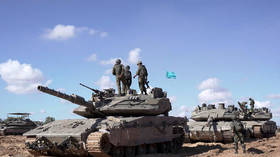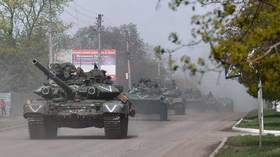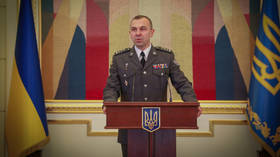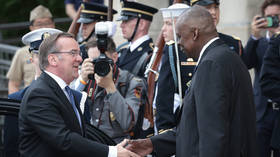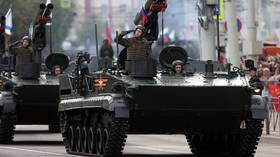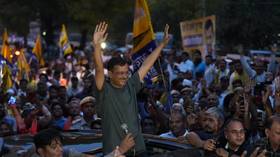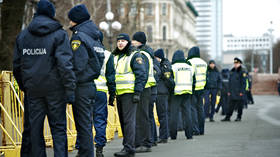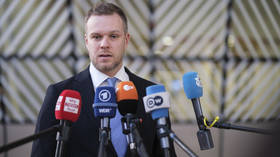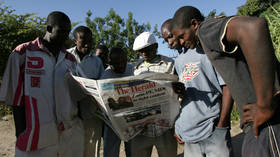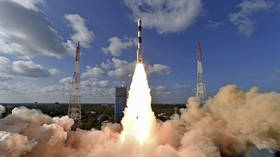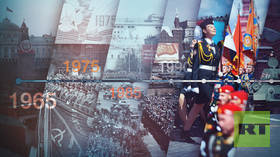“Nothing can be valued above human life” – Medvedev
President Medvedev believes the dark pages of the nation’s history and its moments of glory should be remembered alike.
Medvedev made the statement in a new entry to his videoblog on the Day of Remembrance for Victims of Political Repression
Read the full transcript below.
"Today is the Day of Remembrance of Victims of Political Repression. It has been eighteen years since this became a memorable date in our calendar.
I am sure that the memory of national tragedies is just as sacred as the memory of victories. It is extremely important that young people possess not only historical knowledge, but also civic pride. They should be capable of empathising with one of the greatest tragedies in the history of Russia. And all is not simple in this respect.
Two years ago, a poll indicated 90 percent of young Russian citizens aged 18 to 24 could not even remember the names of famous people who had suffered or died from repressions. This is very alarming.
It is impossible to grasp the sheer scale of terror that swept across the country, peaking in 1937 and 1938. "The Volga of people's grief" was Alexander Solzhenitsyn's term for the endless flow of repression victims at that time. Over the 20 pre-war years, whole sectors and classes of our nation were exterminated. Cossacks were practically liquidated. The peasantry was dispossessed and depleted. Political repressions swept across intelligentsia, workers, and the military. Followers of all religious confessions were prosecuted.
October the 30th is the Day of remembrance for millions of ruined lives. For people executed without trial or record; for people exiled and sent to concentration camps, deprived of civil rights for having the "wrong" occupation or the infamous "social origins". The label of "enemies of the nation" and their "abettors" was applied to entire families.
Let's just think about it: millions of people died because of terror and false accusation. They were deprived of all rights, even the right for humane burial. For many years, their names were simply crossed out of history.
Yet even now we can hear voices saying that those numerous deaths were justified by some supreme goals of the state. I am convinced that no development of a country, no success or ambitions can be achieved through human grief and losses.
Nothing can be valued above human life, and there is no excuse for repressions.
We pay a lot of attention to fighting falsifications in our history. For some reason, however, we often tend to think that countering the attempts to revise the results of the Great Patriotic War is the only matter in question.
It is just as important to prevent the justification, under the pretext of putting historical records straight, of those who killed their own people.
It is also the truth that Stalin's atrocities cannot detract from the feats of the people who won the Great Patriotic War, made our country a mighty industrial power, and raised our industry, science, and culture to world levels.
Accepting our past the way it is – this is mature citizenship. It is just as important to study our past, overcoming indifference and desire to forget its tragic aspects. Nobody but us can do it.
One year ago, in September, I was in Magadan and I was deeply impressed by Ernst Neizvestny's Mask of Grief memorial. It was built not only by state budget funds, but donations as well.
We need museums and memorial centres that will pass the memory of what our nation has been through from generation to generation. No doubt, efforts should be carried on to find mass burials, identify the remains and rehabilitate the victims.
I know that this matter also worries my blog viewers as well. Outside the complex and essentially contradictory history of our state, it is often impossible to understand the roots of many problems that Russia is facing today.
I would like to say it once again, though: no one but ourselves can solve our problems. No one will teach children to respect law, human rights, the value of human life, and the moral norms that stem from our national traditions and our religion.
Nobody but us can preserve historical memory and pass it on to new generations."


